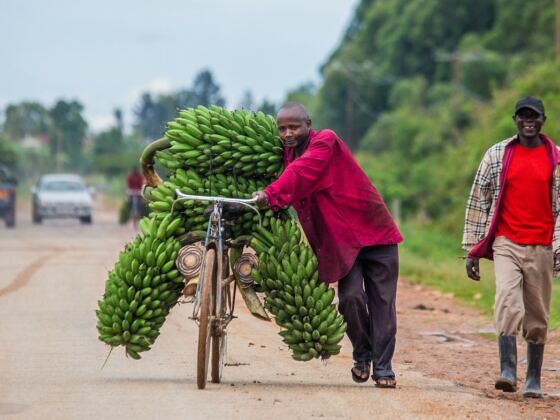HE WAS ASKING to borrow money.
I responded with silence.
“I was expecting some money, but…it did not come. You remember the man we met yesterday…on our way to town? I stopped to talk to him…”
“I think so, yeah.”
“Well,” Frank continued, “I am going to buy the flour from him. I told him that I would bring the money today. I thought maybe…when we walked into town that you could give me the money, and I could give it to him. I will pay you back next Friday. No problem.”
